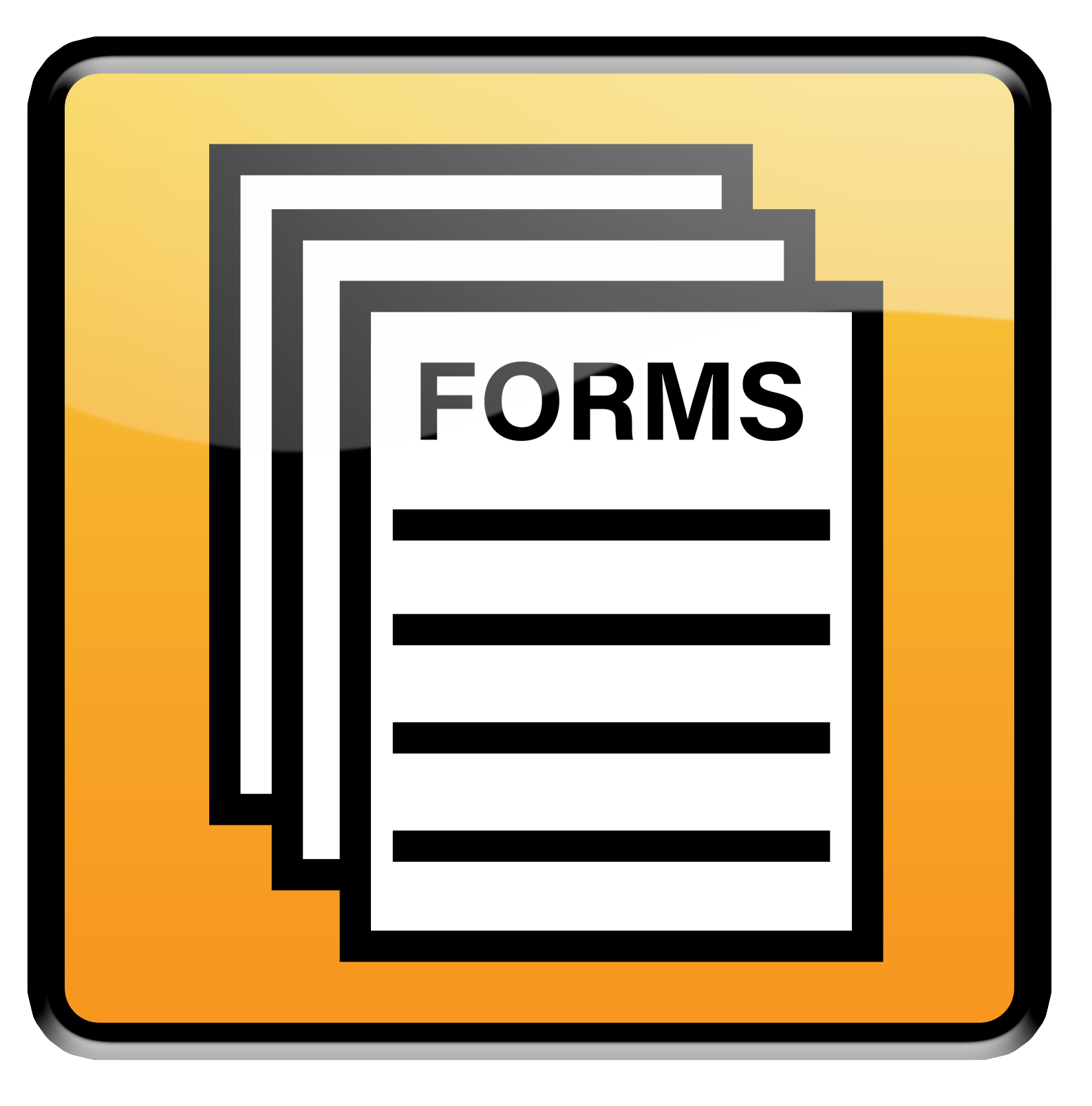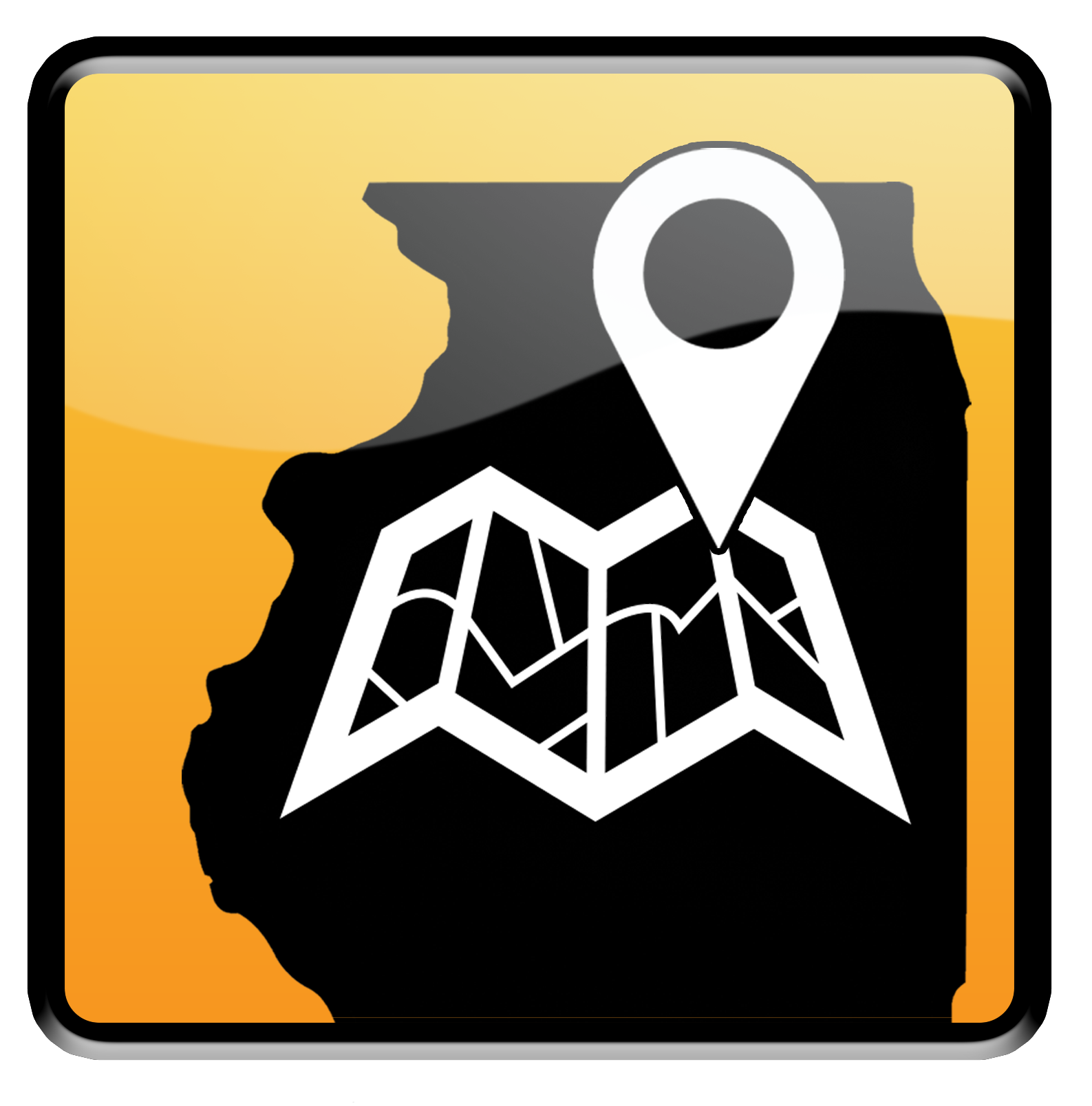Forensic Scientist Trainee
General Information
- Requires a Bachelor’s degree in forensic science or one of the natural sciences. Commonly recognized natural sciences include college/university majors in disciplines such as agricultural science, animal science, biochemistry, biology, botany, chemistry, geology, medical technology, physics, preliminary medicine, and zoology. This is not a list of all natural sciences. Trainees are paid while learning their new profession. For monthly salaries of Trainees click here.
-
You will be trained in one of the following specialties:
- Forensic Biology (includes screening and DNA work)
- Drug Chemistry
- Latent Prints
- Firearms/Toolmarks
- Forensic Toxicology
- Trace Evidence
The Training Program
-
Forensic scientist trainees receive comprehensive instruction in the use of the most advanced science, technology, and procedures for analyzing evidence. The length of
training programs vary with the forensic disciplines. The length of a person's training will depend on their ability to progress through the program; however, average
training times tend to be:
- Forensic Biology - 24 months
- Drug Chemistry - 12 months
- Firearms/Toolmarks - 24 months
- Latent Prints - 24 months
- Microscopy - 24 months
- Toxicology - 18 months
- Trace Chemistry - 30 months
- Under normal procedures if there are no major quality issues, the trainee will be promoted to a Forensic Scientist I after the successful completion of their training program.
-
As a trainee, you will:
- receive work assignments designed to develop knowledge, understanding, and technical skills related to one of the specialty areas
- receive instruction and demonstrate proficiency in the various examinations, techniques, and instrumentation used in the assigned specialty area
- receive instruction in courtroom procedures and courtroom demeanor, and participate in mock trials
Becoming a Trainee
-
Illinois residents have preference for this position.
This means applicants from Illinois will be considered before out-of-state applicants. - You must be willing to travel to or relocate to the assigned training laboratory.
- At the completion of your training program, you must be willing to travel to or relocate to your assigned operational laboratory.
Steps Involved From Application to Employment
- You may apply only when open positions are posted on the Work For Illinois website: illinois jobs2web Opens in new window .
- To see if a Forensic Scientist Trainee position is currently available, go to illinois jobs2webOpens in new window and type “forensic scientist trainee” in the “Search by keyword” box. If a position is not currently listed, an alert can be created to notify you when one is posted.
- If a position is currently available, clicking on it will bring up the posting. The posting will contain details about the position including, but not limited to, a brief position description, a listing of the job responsibilities, minimum requirements, preferred qualifications, conditions of employment, work location, and application instructions.
- You may apply ONLY by clicking on the “Apply” button. The application will be completed and submitted electronically through the Work For Illinois website. You will need to create a profile and log in using that profile.
- As a reminder, you must upload your resume/CV to your profile and application. Also be sure to attach your transcripts to your application.
- Answer all questions truthfully and to the best of your ability. Many of the questions will require you to elaborate on a “yes” answer, particularly on questions regarding qualifications and work history.
- Prior to conducting interviews, the ISP will ask CMS for a list of qualified applicants. If your name is on this list, the ISP may invite you to interview.
- If you are one of the top candidates after the interview, the ISP will make a conditional job offer and ask you to submit to a background investigation, which may include a polygraph examination. This is an iterative process; as candidates are no longer interested or eligible, additional conditional offers are extended.
- Upon successfully completing a background investigation, you will be notified at a future point regarding a start date for employment. Trainees in the same forensic science discipline will begin training at the same time.
- Often, there are far more qualified candidates than available positions. Veterans and Illinois residents receive hiring preferences over other candidates.
-
For questions related to the application process...
- Go to Candidate Profile HelpOpens in new window
-
Write to:
- Illinois State Police
- Statewide Training Program
- 2060 Hill Meadows Drive
- Springfield, IL 62702-4670
- Telephone: FSC Training - 217-557-2399
- Email: ISP.Forensics@illinois.gov
Forensic Scientist Trainee Options
-
Option A:
-
Firearms/Toolmarks and Latent Prints Laboratory Disciplines
- Minimum training and experience: Requires a Bachelor's degree in natural science or forensic science.
-
Firearms/Toolmarks and Latent Prints Laboratory Disciplines
-
Option B:
-
Trace Chemistry / Microscopy, Drug Chemistry and Toxicology Laboratory Disciplines
- Minimum training and experience: Requires a Bachelor's degree in natural science or forensic science including a minimum of 20 semester hours of coursework in chemistry, with a total of 60 semester hours of coursework in natural science.
-
Trace Chemistry / Microscopy, Drug Chemistry and Toxicology Laboratory Disciplines
-
Option C:
-
Forensic Biology Laboratory Disciplines
-
Minimum training and experience: Requires a Bachelor's degree in natural science or forensic science, with successful completion of a total of 60 semester hours of coursework in natural science, to include 9 semester hours in three DNA class requirements of genetics, biochemistry and molecular biology, and coursework in statistics and/or population genetics.
In order to satisfy the course requirement, the subject (genetics, molecular biology, biochemistry, statistics and/or population genetics) must be the primary component of the class being considered. For the class to meet the requirement as the primary component, the class will need to have 50% or more of the lectures be in the subject area. Additionally, any given class can only count for one of the four required courses. Listed below are the topics that should at minimum be included in each class for it to meet the criteria of the required course.
GENETICS:
- Laws and patterns of inheritance
- Basic structure and function of genes and chromosomes
- Mutation
- Mitosis/Meiosis
- Recombination
- Gene expression
MOLECULAR BIOLOGY:
- Prokaryotic and eukaryotic genome structure and function
- Interrelationship of DNA, RNA, and protein synthesis
- Transcription, translation, replication
- Gene expression and regulation
- Recombinant DNA techniques
- PCR
- DNA Sequencing
BIOCHEMISTRY:
- Structure, function, and the interaction of biological macromolecules such as proteins, carbohydrates, lipids, and nucleic acids
- Enzymes and chemistry of enzyme-catalyzed reactions
- DNA, RNA, and protein synthesis
- Signal transduction
- Metabolism
- Cell membrane transport
STATISTICS AND/OR POPULATION GENETICS (only one required):
-
STATISTICS:
- Descriptive statistics
- Sampling uncertainty and sampling distributions
- Confidence limits and intervals
- Discrete and continuous variables
- Estimation and hypothesis testing, including the use of likelihoods
- Laws of probability and independence
- Bayes' Theorem
-
POPULATION GENETICS:
- Estimation and testing of measures of allelic association within and between loci (Hardy-Weinberg principle)
- Description and estimation of measures of relatedness at the individual and population level (population structure)
- Genetic drift, mutation, migration and selection
-
-
Forensic Biology Laboratory Disciplines




